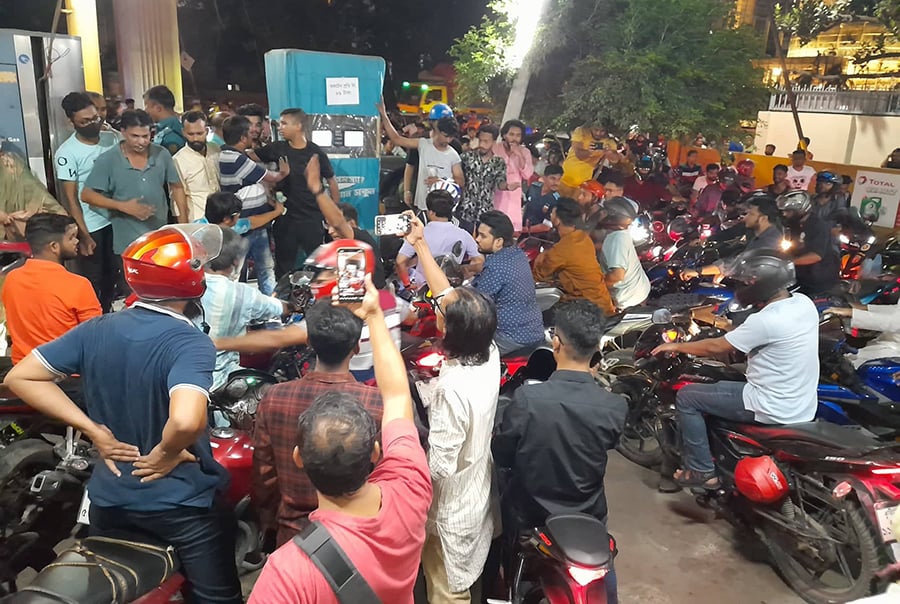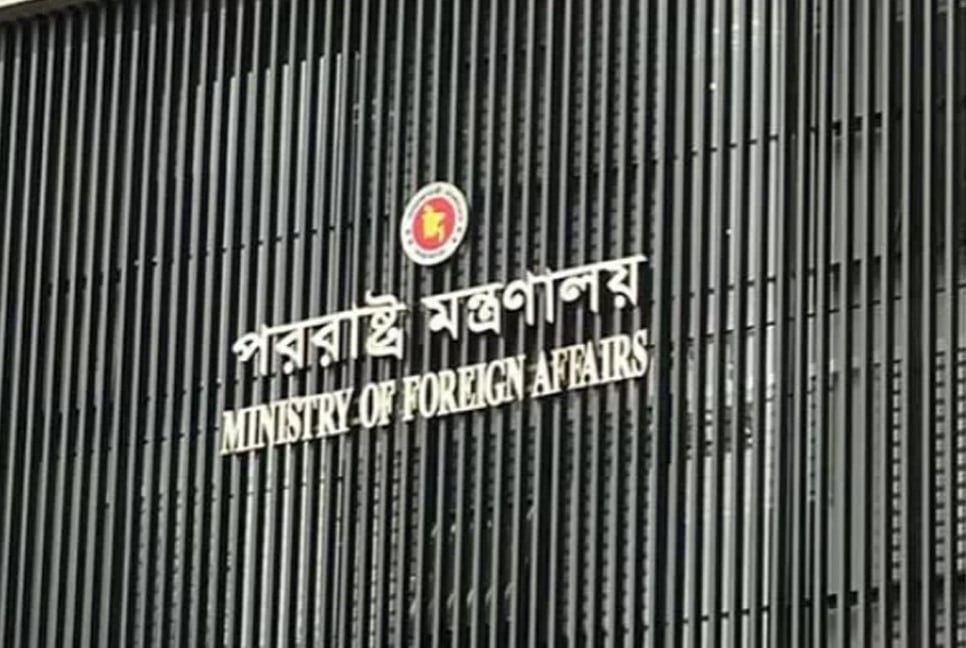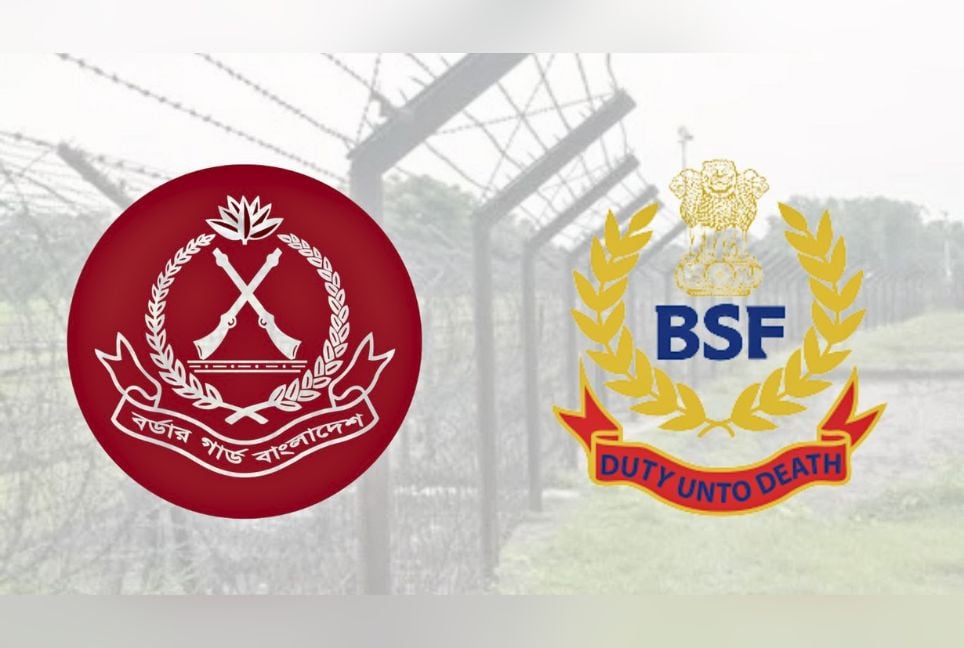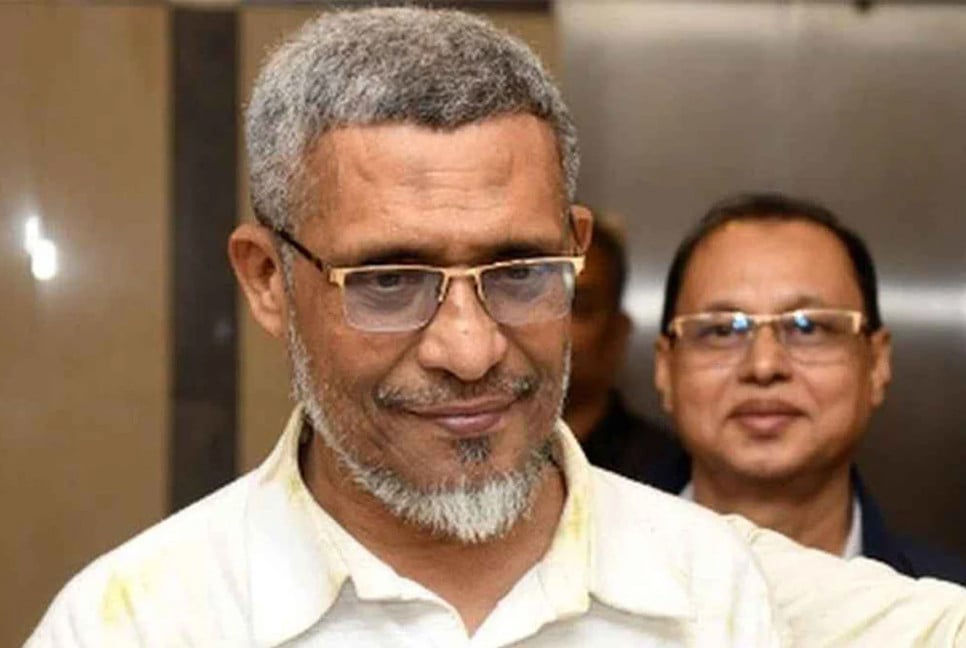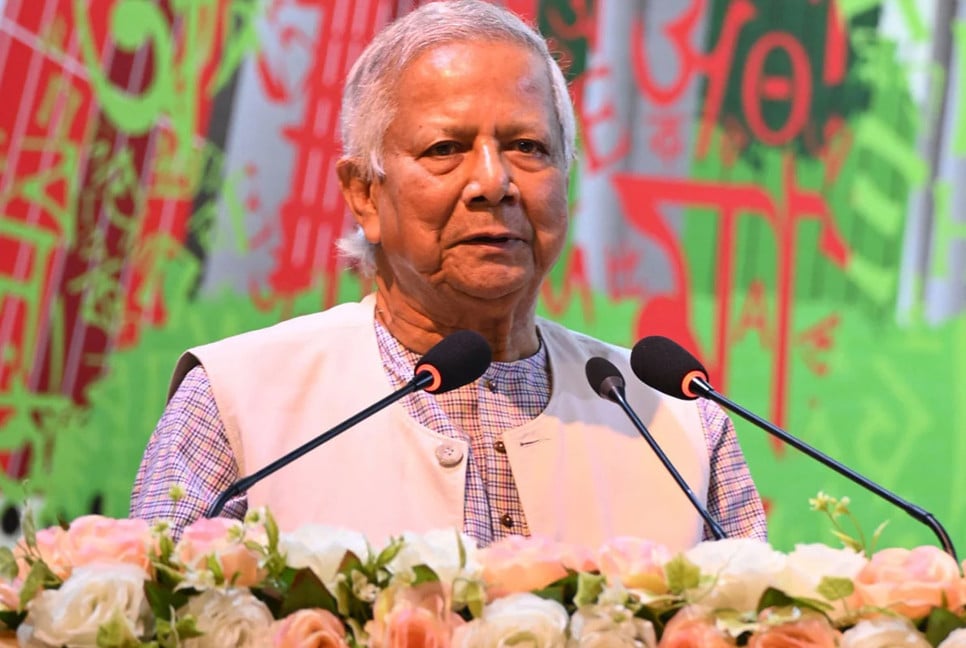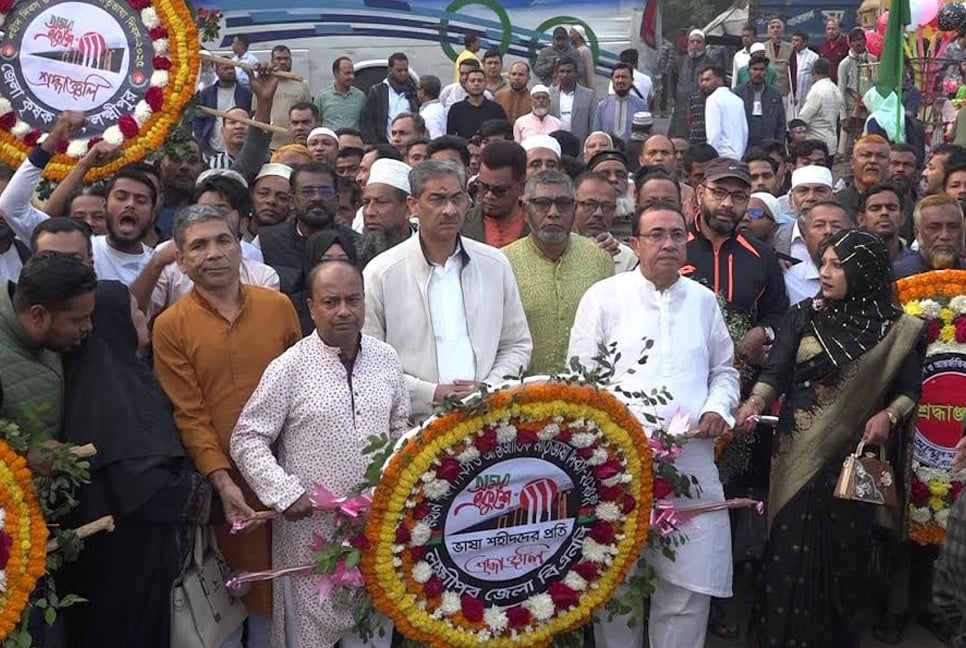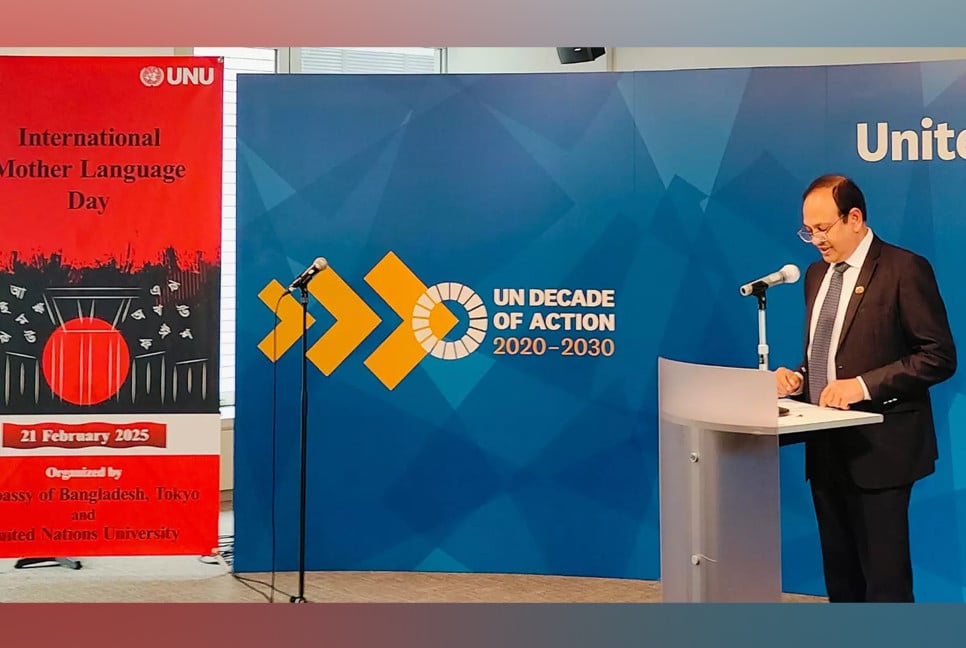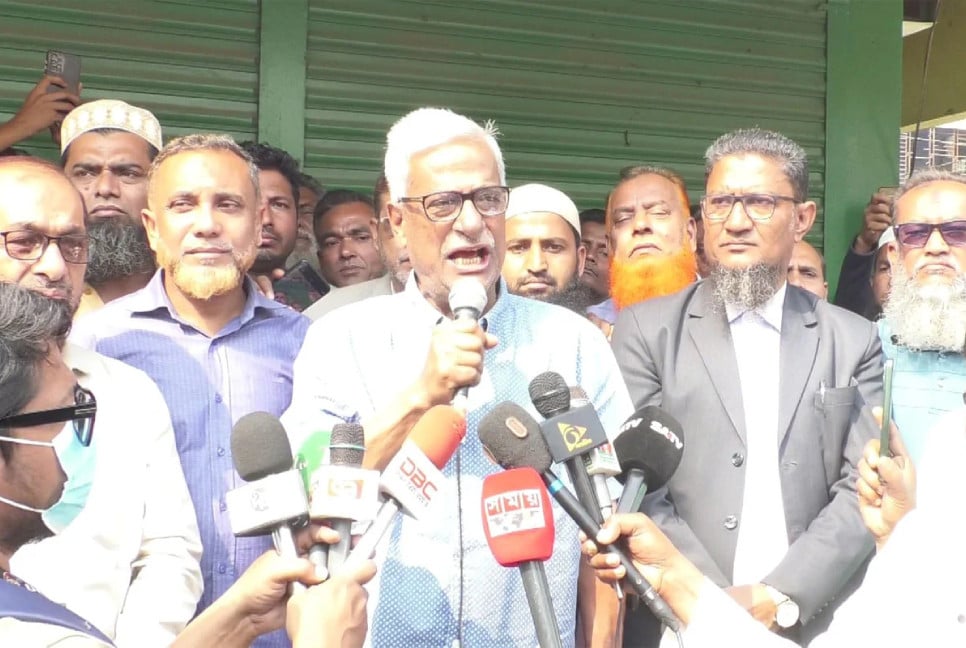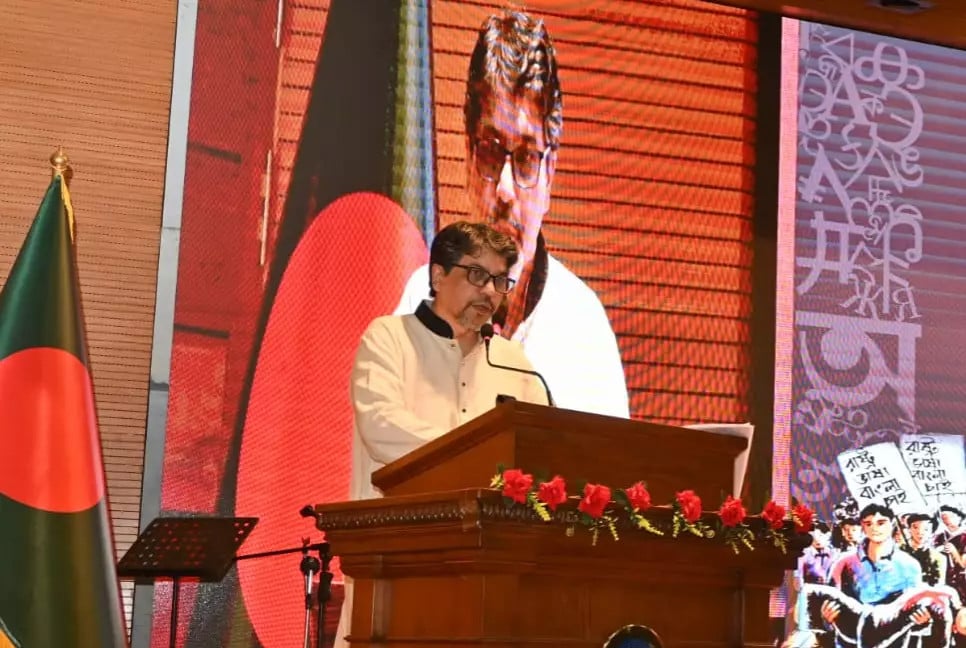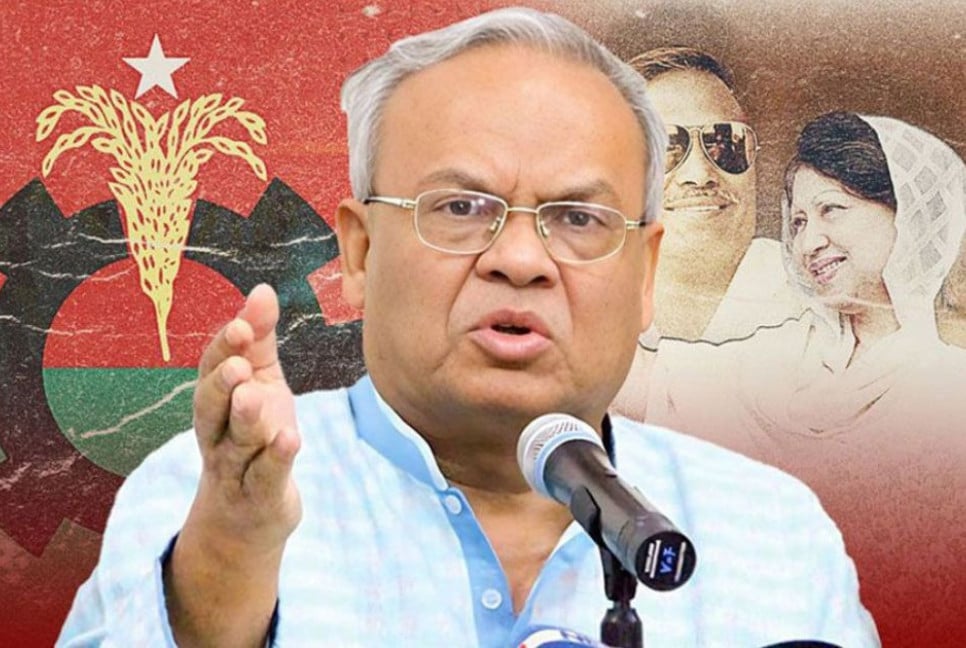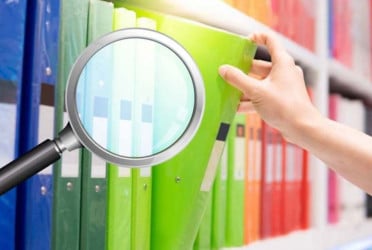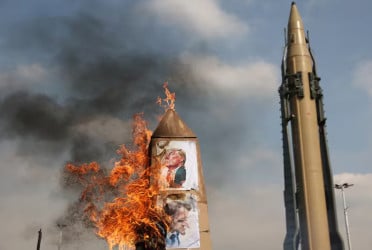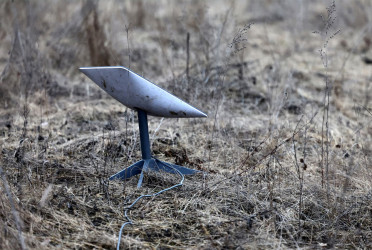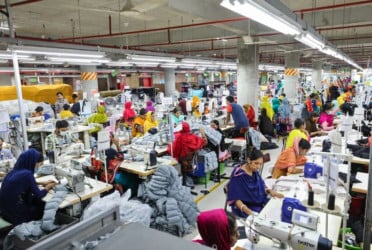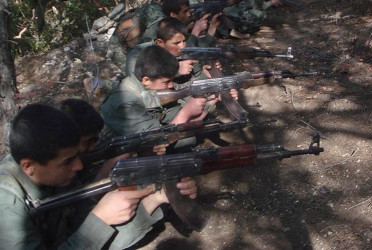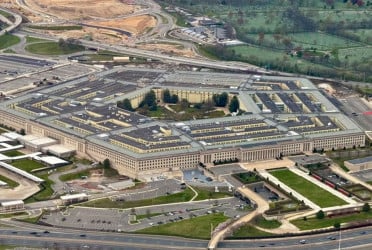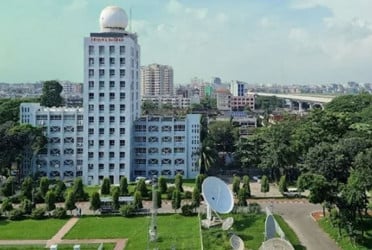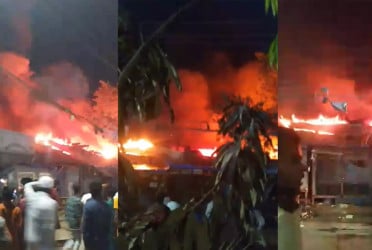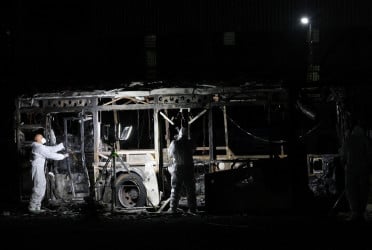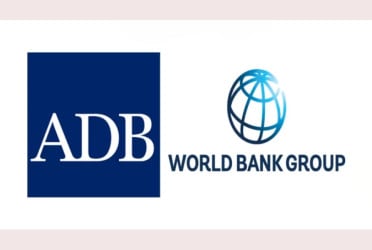Be ready to shell out more for a bus or a ferry ride in Bangladesh.
With the government raising fuel prices effective Saturday -- one of the steepest hike to date, the fuel consumption cost of the transport sector, for both road and river routes, is likely to go up by 13.16-19.18%.
This is according to an analysis by the Energy and Mineral Resources Division, reports UNB.
The government has raised the prices of diesel and kerosene to Tk 114 per litre and that of petrol and octane to Tk 130 and Tk135 per litre, respectively.
This Tk 34 per litre rise in diesel price will push up the per passenger per kilometre bus fare by Tk 0.292 or 16.22% for a 52-seater long-distance bus and by Tk 0.283 or 13.60% for a 52-seater bus operating in the city areas, as per the analysis.
Similarly, the per passenger per kilometre fare of a diesel-run motor launch is likely to shoot up by Tk 0.42 or 19.18%, according to the Energy Division.
So, the per passenger per kilometre long-distance bus fare is likely to go up to Tk 2.092 as against the existing Tk 1.80. For a city coach, it will go up to Tk 2.43 per passenger per kilometre from the existing Tk 2.15, as per the analysis.
Similarly, the per passenger per kilometre launch fare will go up to Tk 2.62 from the current Tk 2.19, said the Energy Division.
The prices of diesel and kerosene were last increased from Tk 65 to Tk 80 per litre on November 4, 2021.
The Bangladesh Petroleum Corporation (BPC) and Eastern Refinery Limited (ERL) have adjusted the petroleum prices as they are much higher in the international market as compared to this country, the Energy Division said on Friday.
State Minister for Power, Energy and Mineral Resources Nasrul Hamid said, "The government avoided increasing the prices of fuel for as long as it could. Now some adjustments have to be made taking stock of the current global situation."
He, however, offered some hope that the prices may come down if there is any improvement in the situation in the international energy market. "In April 2016, the government reduced the prices of fuel. If the situation normalises, the prices of fuel will be revised accordingly."

